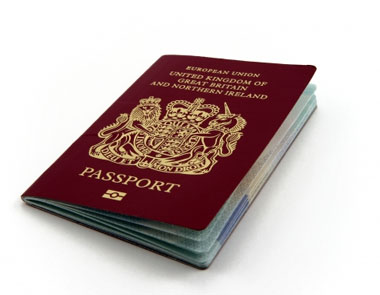Common for couples to have an unequal desire to move countries
10 February 2012

Ideally, couples are one heart and one soul but when it comes to deciding whether to emigrate, they are often of two minds.
A Victoria University of Wellington study into the pre-departure experiences of skilled British migrants to New Zealand has shown that although most couples were equally enthusiastic about their upcoming migration, it was relatively common for couples to have an unequal desire to move countries.
Researcher Aidan Tabor and her advisor, Dr Taciano Milfont, from the University’s Centre for Applied Cross-cultural Research interviewed 95 United Kingdom (UK) residents who were in the process of emigrating to New Zealand. They found that about one third of the partnered individuals were either an enthusiastic “driver” of the move or a less willing “trailing” spouse. That disparity between couples can be damaging to psychological health the researchers say.
The study, one of the first to examine migrants’ experiences before they get to their new home, was carried out as part of Ms Tabor’s masters research and was recently published in the International Journal of Psychology.
Many participants described the migration process as “bringing the family closer together” but it also had the potential to strain their relationship. The findings also show that drivers experience more stress and trailing spouses had lower wellbeing than people coming with an equally enthusiastic partner.
“Emigration involves many logistical, financial and emotional challenges. Normally, spouses provide support to each other during stressful times, but drivers felt they got less support from their less enthusiastic partner.”
Ms Tabor says enthusiastic migrants are more likely to adapt well and be happy in their new home but it will be harder for those that didn’t want to shift.
What makes the situation even more challenging, she says, is that extended families tended to withdraw support when they heard that their loved ones were moving to New Zealand.
“That’s especially true for people with children. The ones who felt the least support are those who have had to tell grandparents they’re taking the grandchildren to the other side of the world.”
The exception is people who tell their families they plan in return to the UK. “In these cases, extended family members were very supportive of the move,” Ms Tabor says.
Ms Tabor and Dr Milfont both had first-hand experience of the challenges involved in emigrating. She moved to New Zealand from the United States three years ago with her family, and he moved here from Brazil in 2003.
She is continuing her research, with Dr Milfont as her advisor, through PhD studies into how migrants select a destination country including participants from the UK, South Africa and India.
